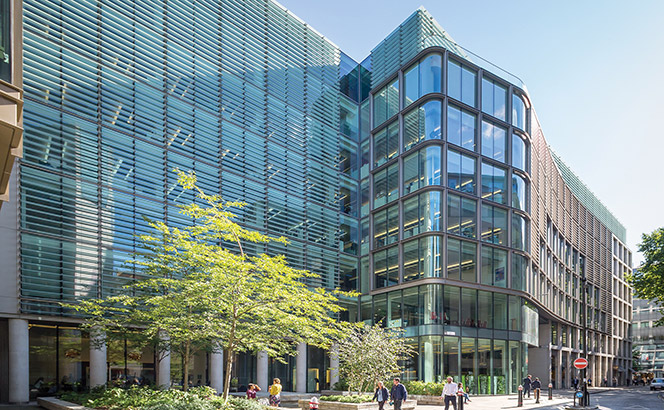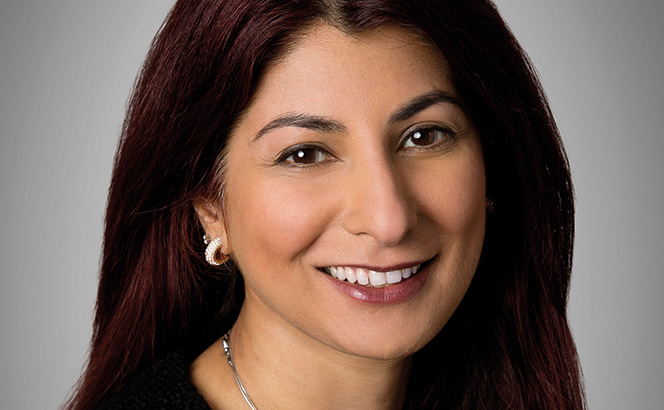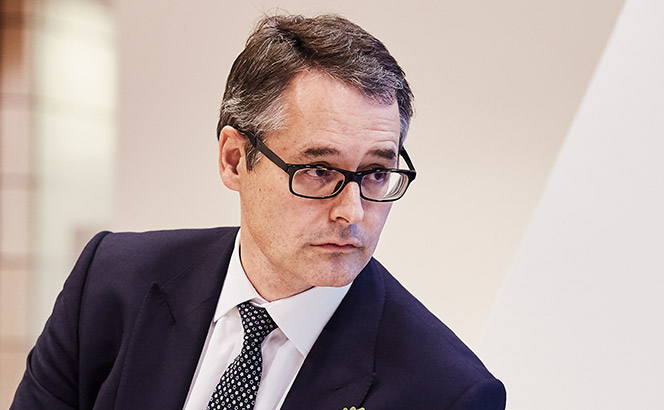
Eversheds Sutherland has announced several new appointments to its senior leadership team across its practice groups and business services teams.
Succeeding Paul Worth, who is retiring at the end of December following 21 years at the firm, Mark Davenport will take on the role of litigation and dispute management practice group head. Davenport led the commercial dispute resolution team for the last three years. Taking on Davenport’s role as head of CDR is Lisa Barge, the former head of real estate litigation, whose boots will in turn be filled by Will Densham.










